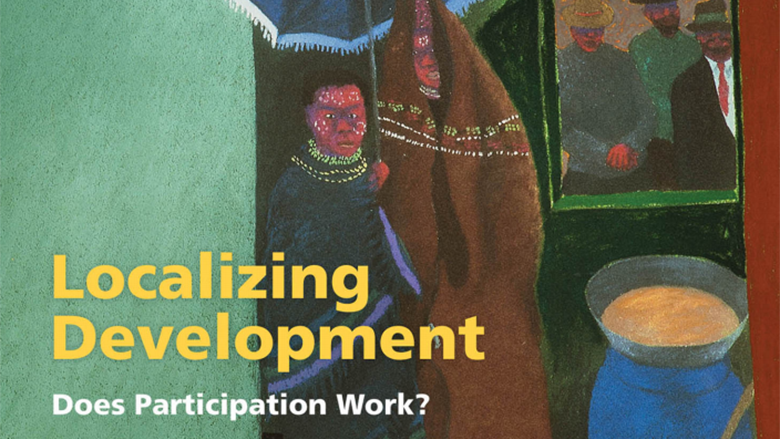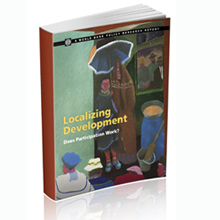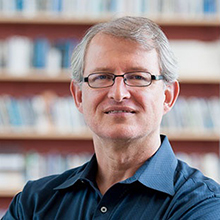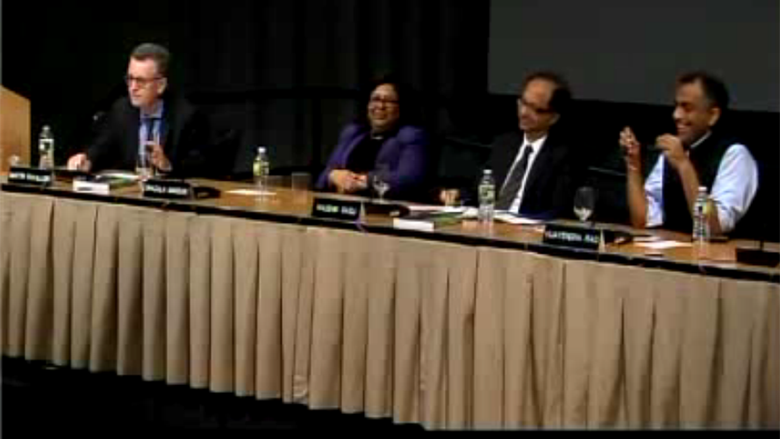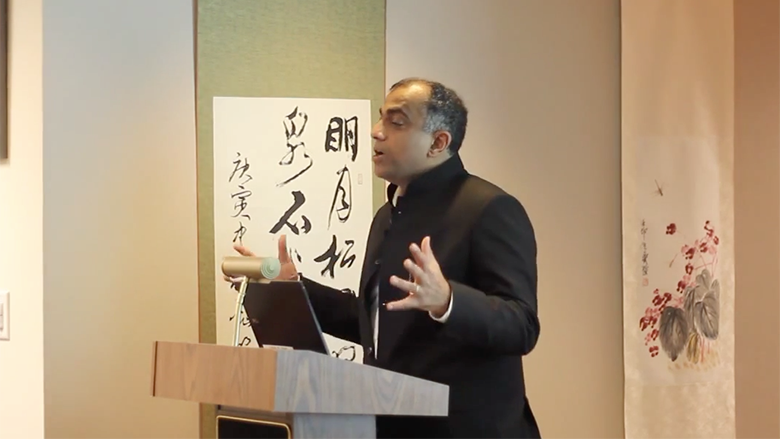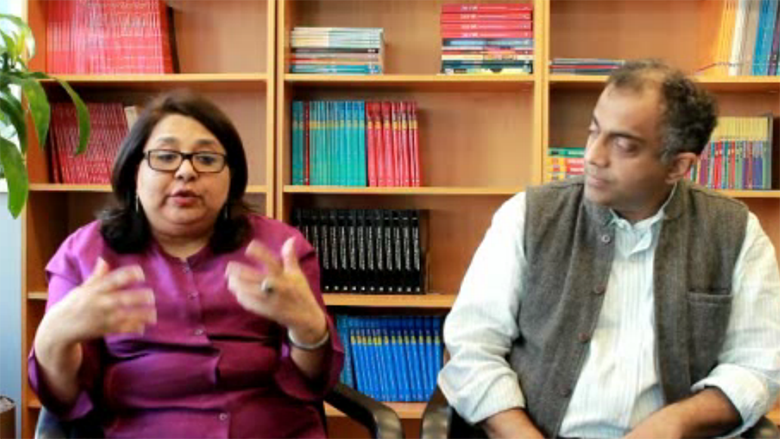The Policy Research Report Localizing Development brings analytical rigor to a field that has been the subject of intense debate and advocacy, and billions of dollars in development aid. It briefly reviews the history of participatory development and argues that its two modalities, community-based development and local decentralization, should be treated under the broader unifying umbrella of local development. It suggests that a distinction between organic participation (endogenous efforts by civic activists to bring about change) and induced participation (large-scale efforts to engineer participation at the local level via projects) is key, and focuses on the challenges of inducing participation.
The report provides a conceptual framework for thinking about participatory development and then uses this framework to conduct a comprehensive review of the literature. The framework develops the concept of “civil society failure” and explains its interaction with government and market failures. It argues that participatory development, which is often viewed as a mechanism for bypassing market and government failures by ”harnessing” civic capacity, ought to be seen instead as a mechanism that, if done right, could help to repair important civil society failures.
It distills literature from anthropology, economics, sociology, and political science to outline the challenges for effective policy in this area, looking at issues such as the uncertainty of trajectories of change, the importance of context, the role of elite capture and control, the challenge of collective action, and the role of the state. The review of the evidence looks at a variety of issues: the impact of participatory projects on inclusion, civic capacity, and social cohesion; on key development outcomes, such as income, poverty, and inequality; on public service delivery; and on the quality of local public goods. It draws on the evidence to suggest several recommendations for policy, emphasizing the key role of learning-by-doing. It then reviews participatory projects funded by the World Bank and finds the majority lacking in several arenas – particularly in paying attention to context and in creating effective monitoring and evaluation systems that allow for learning.
